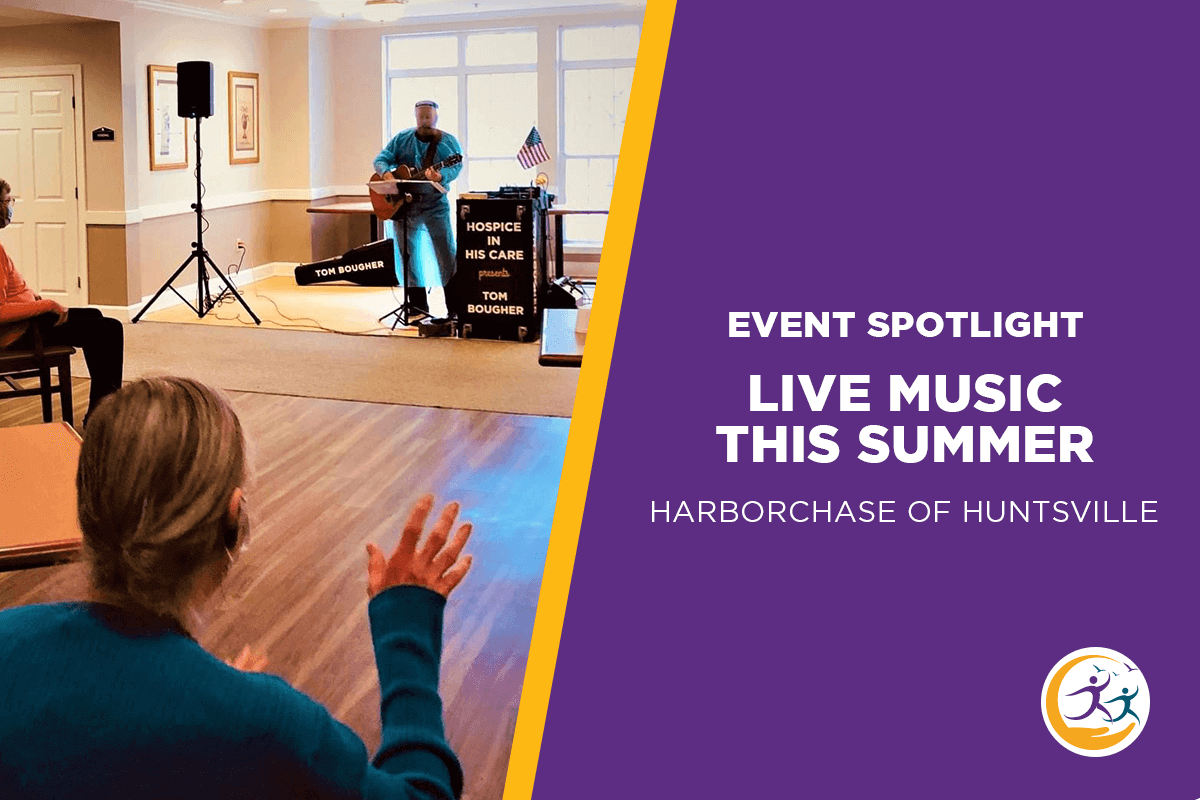Protect Yourself from More Than Illness: Avoiding COVID-19 Scams
Posted By HarborChase on July 1, 2021Even though the COVID-19 pandemic has caused a substantial loss, it hasn’t stopped scammers from capitalizing on the situation. According to the Federal Trade Commission (FTC), 71.8% of the 71,600 consumer complaints they’ve received in 2021 have been related to COVID-19—resulting in a loss of over $423 million for consumers.
Even though the worst of COVID-19 is (hopefully) over, fraudsters are now taking advantage of the vaccine rollout to continue scamming people, especially older adults. Usually, these scams are tactical and resourceful, using the right platforms and messaging to feign legitimacy, so they can be challenging to spot.
HarborChase Senior Living, with assisted living and memory care facilities across the U.S., is sharing some valuable information about COVID-19 scams and how to protect yourself from these dangerous schemes.
Types of COVID-19 Scams
Vaccine Scams
As the vaccine rollout has begun and is still making its way through the country, scammers are taking advantage of this eagerness to get vaccinated. They claim to offer priority appointments, clinical trials, and sometimes even bogus cures in exchange for money or personal information. There have even been reports of scammers impersonating pharmacies, vaccine clinics, and health departments.
Stimulus Check Scams
Throughout the pandemic, there have been three rounds of pandemic aid and benefits. Many Americans received one or more stimulus checks from the United States government, which brought with them many scams. Several scams ask individuals to click a link, pay a fee, or provide personal information to receive their stimulus payment.
Malicious Sites
Another common COVID-19 scam is websites claiming to have important news, resources, and information but actually being a dangerous site with malware or viruses. These can not only damage your computer but can gain unauthorized access to personal and financial information, as well.
Grandparent Scam
The popular “grandparent scam,” which takes advantage of the unconditional love of a grandparent, even has a COVID-19 counterpart. This scam occurs when a person pretends to be a beloved grandchild or family member, claiming they’ve been impacted by the coronavirus and need to be sent money.
Charity Donation Scam
A major emergency or crisis like COVID-19 can lead to a spike in fraudulent charities, urging people to “do their part” and give back. Many of these requests can go viral on social media, even if the charity is a scam.
Protect Yourself Against COVID-19 Scams
By educating yourself on these common COVID-19 scams, you can avoid falling victim to them. Here are some other tips to help you avoid being scammed:
- Never answer the phone or respond to a text message from a number you don’t know.
- Never click on a link in a text message or an email from someone you don’t know. If the message says it is from a friend, confirm with that person that they sent it before opening it.
- Do not provide personal or financial information via email, text message, or over the phone.
- Know that the COVID-19 vaccine is free to all eligible Americans, and you cannot pay to reserve an appointment or skip a waiting list.
- Health departments and vaccine clinics do not require financial information or sensitive personal information, like your social security number.
- Only get information about COVID-19 from reputable sources and sites, including the CDC, your local health department, and trusted news sources.
- Be wary anytime you feel pressured into providing financial information.
- If you are being asked to donate to a charity, ensure that they are a legitimate charity and listed within the Better Business Bureau.
- If you think you’ve come in contact with a scammer or have been a victim of fraud, report it to the Department of Justice.
Helpful Resources
For more information on COVID-19 scams, other resources about safety for older adults, and fraud in general, visit these helpful websites.
Staying Safe Against COVID-19 Scams
Scams can be concerning and make you feel skeptical of every call or email, but you can protect yourself against these harmful frauds by being aware of common scams. Stay smart, vigilant, and cautious, and you can avoid scams!
ᐧᐧᐧ
HarborChase Senior Living has independent living, assisted living, and memory care facilities throughout the United States. We are dedicated to keeping our residents and all older adults safe from fraud. For more resources on senior wellness, safety, and senior living at HarborChase, we invite you to visit our blog!
Categories: Safety, Technology


